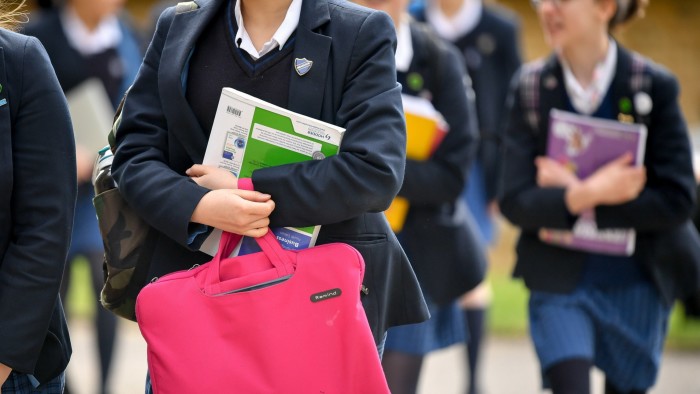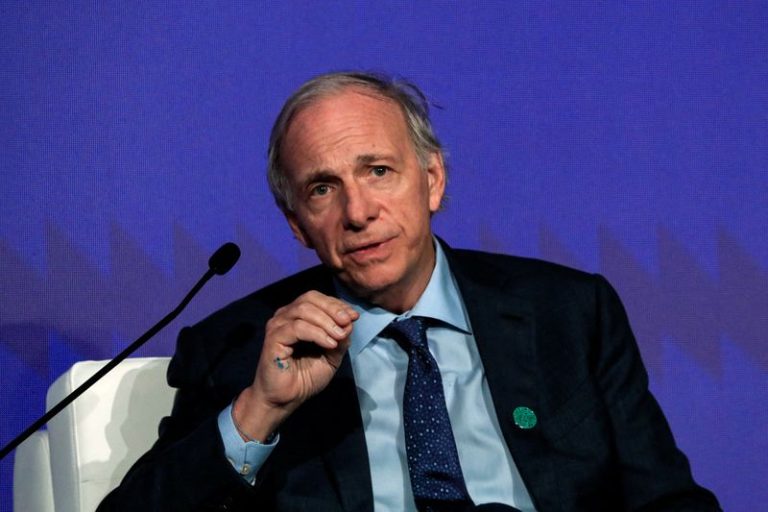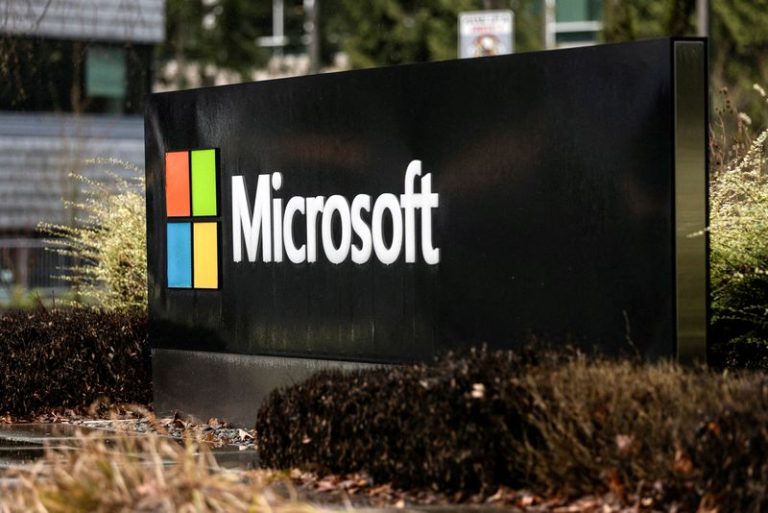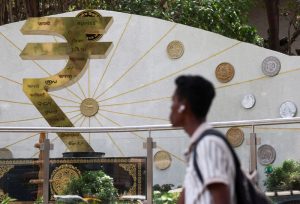Unlock the Editor’s Digest for free
Roula Khalaf, Editor of the FT, selects her favourite stories in this weekly newsletter.
Parents and schools that took the UK government to court over the imposition of VAT on private education have lost their case.
High Court judges on Friday dismissed three cases brought in London by families and schools that argued that the 20 per cent levy breaches their human rights.
They had hoped the legal action would force the government to reinstate the VAT exemption on school fees that was removed by the Labour government in January.
However, in a written ruling published on Friday, Dame Victoria Sharp, Lord Justice Guy Newey and Mr Justice Chamberlain dismissed all three claims.
The government “has a broad margin of discretion in deciding how to balance the interests of those adversely affected by the policy against the interests of others who may gain from public provision funded by the money it will raise”, the judges said.
Responding to the legal argument that the VAT charge impedes a child’s right to access education, they said they found “this is a superficially attractive submission, but it does not withstand analysis”.
The levy puts families “in the same position in which the great majority of parents already find themselves: their options are limited to those which the state makes available free of charge”.
The judges were asked to consider whether the contentious policy was incompatible with principles enshrined in the European Convention on Human Rights.
Three separate challenges were heard together. The first, funded by the Independent Schools Council (ISC), which represents more than 1,300 independent UK schools, was brought on behalf of seven families.
The second was brought by children with special needs, and the third by a group of Christian faith schools and families of children who attend such institutions.
Responding to the ruling, Julie Robinson, chief executive of the ISC, said: “This is an unprecedented tax on education and it was right that its compatibility with human rights law was tested.”
She said the ISC “is carefully considering the court’s judgment and next steps. Our focus remains on supporting schools, families and children.”
She added: “We will continue to work to ensure the government is held to account over the negative impact this tax on education is having across independent and state schools.”
The three-day hearing featured an A-list cast of judges and barristers, including Sir James Eadie KC, who represented the government.
Ministers have argued that ending the tax break will raise £1.8bn a year by 2029-30 and help deliver 6,500 new teachers.
During the court case, it was disclosed that ministers had been warned by civil servants that imposing VAT on private school fees from January was the “most disruptive” option for pupils.
Court documents showed chancellor Rachel Reeves dismissed the idea of introducing the 20 per cent levy in April or August 2025 in order to “maximise revenue”.
The judges, who repeatedly express sympathy for people affected, noted: “Parliament specifically considered the issue. We do not consider that the decision to introduce the measure from January 2025 exceeded Parliament’s broad margin of discretion.”
They also said they found a “fundamental difficulty” with the claimants’ argument that relied on evidence that “shows not only how bad it might be for them if they had to transfer to the state sector, but also how bad it currently is for many of the 1.1mn children with [special educational needs] who are already being educated in that sector”.
On the broader topic of special needs provision for children in schools, they concluded: “The evidence on this topic is overwhelmingly negative.”
The government said: “We welcome the court’s decision, which confirms that the legislation is compatible with the government’s human rights obligations. Ending tax breaks for private schools will raise £1.8bn a year, helping to support public services including the 94 per cent of pupils who attend state schools.”







